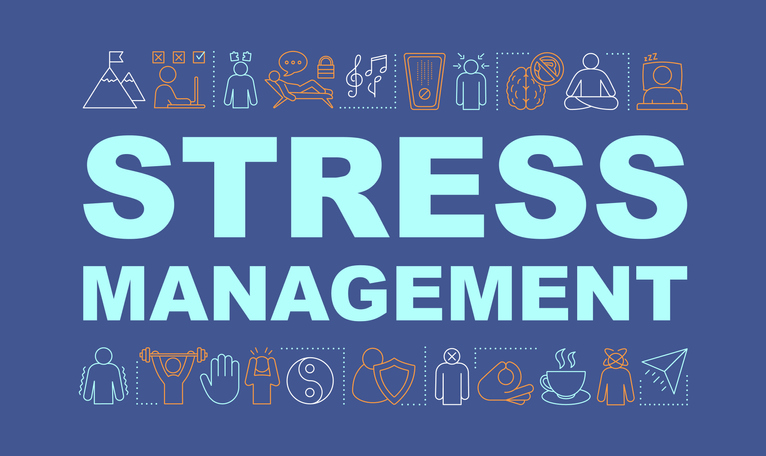Wellness
How Stress Can Negatively Affect Health

Severe and persistent stress can negatively affect both mental and physical health. The human body is able to respond to occasional life stressors, but it becomes less able to adapt and maintain health when stress is severe and persistent. When this occurs, the autonomic nervous system becomes overactive, resulting in a constant, unhealthy fight-or-flight response.
Physical and mental effects
Experiencing chronic stress without any relief can disrupt the body’s internal balance, negatively impacting both physical and mental health. Physical effects can include headaches, digestive issues, skin problems (e.g., eczema or acne), high blood pressure, chest pain, menstrual problems, and trouble sleeping. Mental effects can include depression, anxiety, or panic attacks.
Stress has also been linked to six of the leading causes of death:
- Heart disease
- Cancer
- Lung conditions
- Accidents
- Cirrhosis of the liver
- Suicide
In many cases, stress can worsen pre-existing health conditions. It can also worsen or prolong minor illnesses, such as colds and certain viruses. This occurs because energy that would normally be spent fighting the illness is spent dealing with stress.
Unhealthy coping mechanisms
An indirect way stress can negatively affect health involves unhealthy coping mechanisms that may develop when dealing with high stress levels. It is not uncommon to compulsively use food, alcohol, tobacco, sex or drugs to feel better during stressful times. However, both compulsive behavior and substance abuse fail to return the body to a relaxed state and create even more negative health consequences.
Reducing stress levels can improve both short- and long-term health. If stress is overwhelming and help is needed, please call 800-273-8255 or visit https://suicidepreventionlifeline.org/.


















